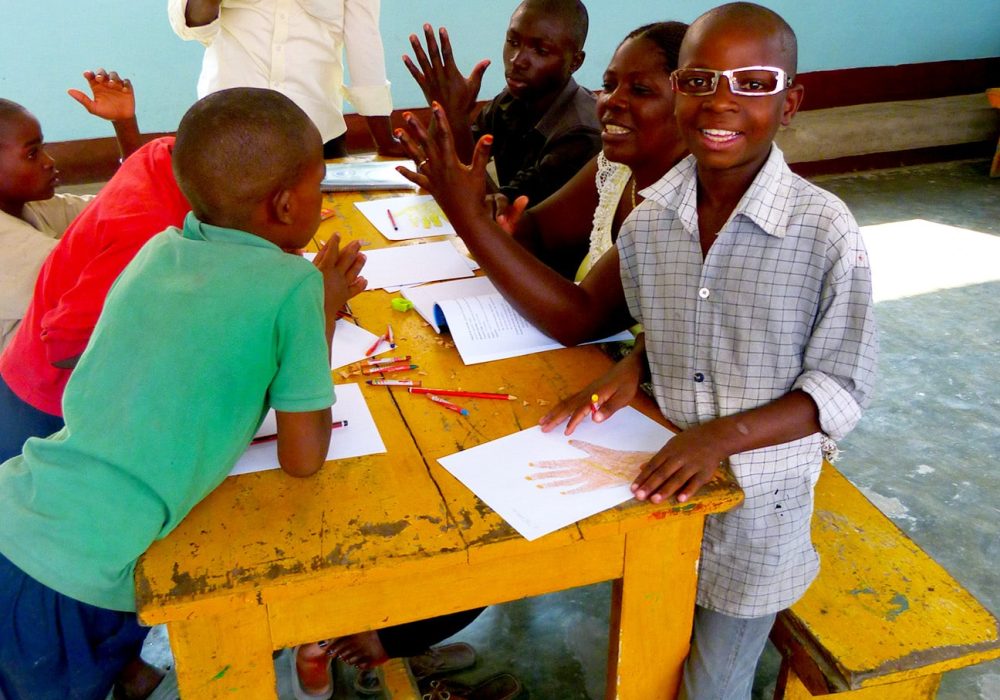Free and open to the public. This event was held online over Zoom. This event was presented by the Lumen Christi Institute and the Catholic Research Economists Discussion Organization (CREDO), and was cosponsored by Global Researchers Advancing Catholic Education (GRACE), the International Office of Catholic Education (OIEC), the International Federation of Catholic Universities (IFCU), the World Organization of Former Students of Catholic Education (OMAEC), the World Union of Catholic Teachers (UMEC-WUTC), the International Catholic Child Bureau (BICE), the Keough School of Global Affairs at the University of Notre Dame, America Media, the Collegium Institute, the Harvard Catholic Forum, the Nova Forum, the Saint Anselm Institute, and the Saint Benedict Institute.
The concept of integral human development (IHD) is fundamental for the Catholic Church, and the role played by the Church in promoting IHD is essential to its mission. The term IHD emerged from Populorum Progressio, the encyclical on the development of people in which Pope Paul VI stated that “the development of peoples must be well rounded; it must foster the development of each man and of the whole man.” This webinar will feature a conversation on challenges and opportunities for the Church and Catholic organizations to promote IHD. This event will feature a presentation of the Global Report 2021 on Integral Human Development prepared by Quentin Wodon and soon to be available on the Global Catholic Education website, followed by a discussion with a panel of experts – Katherine Marshall, Patrizio Piraino, and Diana Filatova – and a question and answer session with participants.

